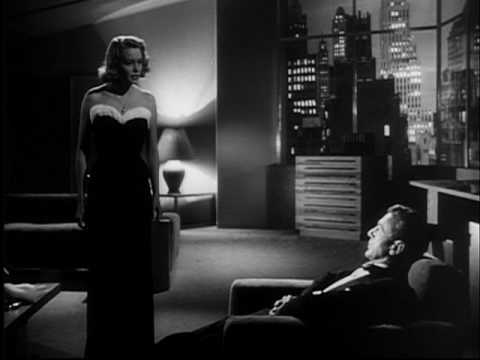Made of Books is a monthly column (partly inspired by hero Roxane Gay) where Christina discusses writing that has been meaningful to her, in one way or another.
I was 15 when I stumbled across mention of Ayn Rand’s The Fountainhead in the local paper. I hadn’t heard of the philosophical and romantic tale of Individualism before, but something, I don’t remember what, in that article piqued my interest. I found a tattered copy printed in the 1960s at a used bookstore. It had a romance novel-y image in the lower right: a naked man’s arm is wrapped around the waist of a similarly naked woman, her hand is on his neck, and her face is tilted up, eyes are closed in an expression of pleasure. I bought it for $1.
Teenage Dreams
I can say now, with the clarity of hindsight and over a decade lived since first stumbling across the book, that my 15 year-old self hadn’t a clue what she was getting into. I probably thought The Fountainhead was a kinky romance and didn’t realize the tremendous crap pile of a philosophy my brain was absorbing. Self-conscious and boyfriendless in the ‘90s, without easy access to the Internet, books were as close as I was going to get to sex.
I still have that ancient copy, the book held together by flaking scotch tape. At some point, I wrote the word “important” on a lime-green post-it and placed it on page 207. Page 206 is dog-eared with this sentence underlined, “In some unstated way, last night has been what building was to him; in some quality of reaction within him, in what it gave to his consciousness of existence.”
What “last night” was, dear readers, was sex. The hero, Howard Roark, barges into Dominique Francon’s room and rapes her. As a naive, horny teenager, the rape didn’t occur to me since she never explicitly said “no.” (I missed the implication of the line “she fought like an animal.”) What was obvious was the intensity of the scene: there’s clawing and bruising and biting and so much emotion neither one of them actually addresses. (This was also the time in my life when I thought the brooding hero was sexy.)
“Whoa,” teenager-me thought. “That’s hot.” This book was my Fifty Shades of Grey.
But it wasn’t just sex. The remaining 450-plus pages have little of that. Something else resonated with me so much that I wrote an essay about the book and submitted it to a contest at the Ayn Rand Institute. I don’t remember what I wrote, or even where the essay is. I am now deeply glad I did not win.
The Appeal of The Fountainhead
- Sex, obviously.
- Individualism! Of course everyone wants to be a creator, and not a parasite. I am a unique snowflake.
- The confidence and self-assuredness of Howard Roark were amazing to me. I was a ball of awkwardness. Roark blew up a housing project to maintain the integrity of his vision. XOXO.
- I was agnostic so I found hero worship compelling. I wanted that— to find my own Howard Roark who was great and strong and brilliant. Worshipping a god who might not exist was dumb; it made more sense to assign those feelings to a person.
- The idea of the misunderstood artist and lone genius: Howard Roark was a brilliant architect, but the populace was too naive and too stupid to notice. I was a secretly aspiring writer and though I had produced doodly squat, I decided I was also a misunderstood genius.
- Roark states during his trial, “I do not recognize anyone’s right to one minute of my life.” This was a powerful sentence. I was a private person by nature, but that natural inclination was amplified after I transferred high schools when I was a junior. Instead of attempting to make friends, I walled myself up and didn’t engage with anyone. The Fountainhead convinced me that my behavior was moral, especially since I was clearly better than everyone anyway.
Growing Up
I was a self-absorbed teenager who was lonely and loved books and since I was already so focused on me me me, egoism, self-interest, and The Fountainhead with its sexy, strong hero all fit who I was back then.
I have since evolved out of that narrow, extreme view of individualism that basically gives people reasons to be dicks to each other and not even try to empathize. I cannot pinpoint a specific time when this happened; it came on gradually as I grew-up, as I sought out new experiences, as I met and spoke with people who were not just like me. I read a lot more books. And I fell in love with an actual person who is human and flawed and wonderful.
For entering that essay contest, I was given several works of Rand’s nonfiction which still sit on my bookshelf. I read the biography and left the philosophical texts alone. I have no intention to read them, yet I have a sentimental attachment to them because they came into my life at a time I was struggling to figure out who I wanted to be. They serve as a reminder that as we get older, read more, and experience more, we grow and evolve and can, thankfully, change our minds.
*Still from The Fountainhead film starring Patricia Neal and Gary Cooper





